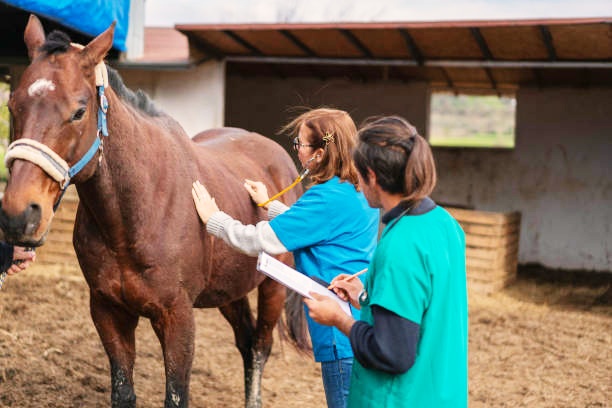
How to Care for a Pregnant Horse – Essential Tips and Advice
Taking care of a pregnant mare is an essential aspect of equine management. Proper management during pregnancy ensures the health and well-being of the mare and contributes to the successful development of the foal.
In this comprehensive guide, we will explore essential tips and advice on how to take care of a pregnant mare, covering everything from nutrition and exercise to medical considerations and foaling preparations.
Recognizing the Signs of Pregnancy in Horses
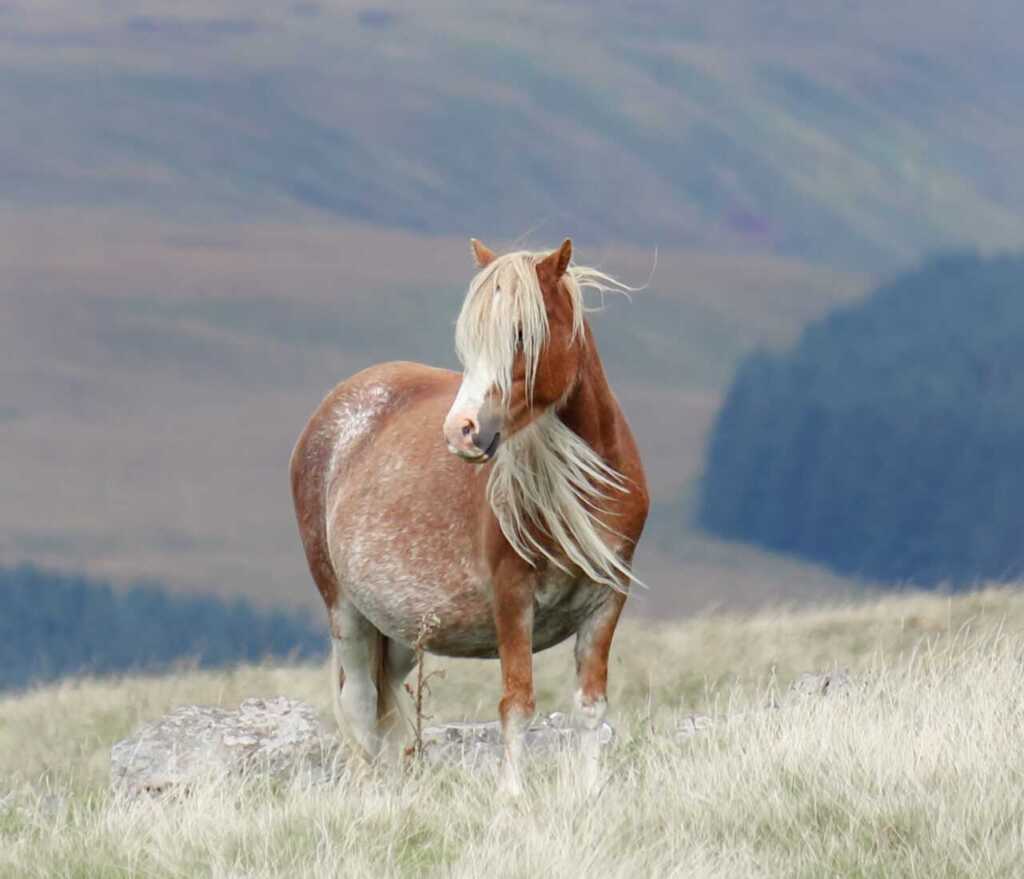
Detecting early signs of pregnancy in mares is crucial for proper care. While it is recommended to consult with a veterinarian for confirmation, there are some common signs to look out for:
- Absence of estrus: Mares that are pregnant typically do not show signs of heat cycles.
- Changes in behavior: Pregnant mares may exhibit a calmer demeanor, become more protective, or display nesting behaviors.
- Weight gain and body changes: As the pregnancy progresses, mares will gain weight, and their bellies will enlarge.
Understanding the Horse Gestation Period
The average gestation period for a horse is around 11 months or approximately 340 days. However, it’s important to note that gestation periods can vary from 320 to 380 days. Monitoring the mare’s due date and being prepared for foaling is essential for proper care.
Pregnant Mare Care Tips
Provide Proper Feed and Nutrition
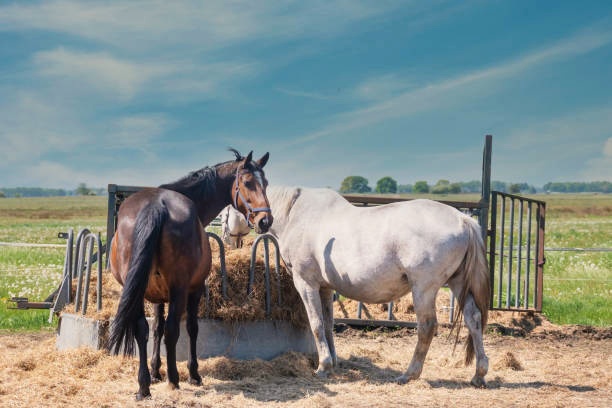
Feeding a pregnant mare requires careful consideration to meet the increased nutritional demands during gestation. Here are some essential feeding tips to ensure the well-being of your pregnant mare:
- High-quality forage: Give a balanced diet with ample access to good-quality grass hay or a mix of grass and legume (such as alfalfa) hay. Forage provides essential fiber, vitamins, and minerals, and supports digestive health.
- Essential nutrients: Ensure the mare receives appropriate levels of protein, minerals (such as calcium and phosphorus), and vitamins (such as vitamin E and vitamin A) through a balanced diet or supplements.
- Frequent small meals: Divide the mare’s daily feed ration into multiple smaller meals to facilitate proper digestion and nutrient absorption.
- Avoid overfeeding: While it is crucial to meet the mare’s increased nutritional needs, overfeeding can lead to obesity and complications. Monitor the mare’s body condition and adjust the feed accordingly.
- Concentrate feed: Consult with an equine nutritionist or veterinarian to create a custom concentrate feed plan that meets the mare’s specific requirements based on her body condition, stage of pregnancy, and any underlying health conditions.
- Fresh water: Ensure the mare has access to clean, fresh water at all times to support digestion, milk production, and hydration.
Exercise and Activity
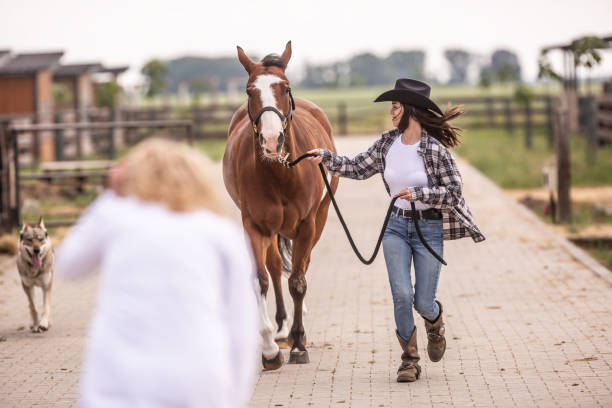
Providing regular exercise for the pregnant mare is vital for her physical and mental well-being. However, you must consider the following:
- Gentle exercise: Engage the mare in light to moderate exercise, such as regular walking or controlled lunging. Avoid excessive exertion or high-impact activities that could jeopardize her safety or the foal’s development.
- Monitor fatigue and discomfort: Observe the mare for signs of fatigue, lameness, or discomfort during exercise. Adjust the intensity and duration of exercise as needed to ensure her comfort and well-being.
Socialization and Mental Stimulation
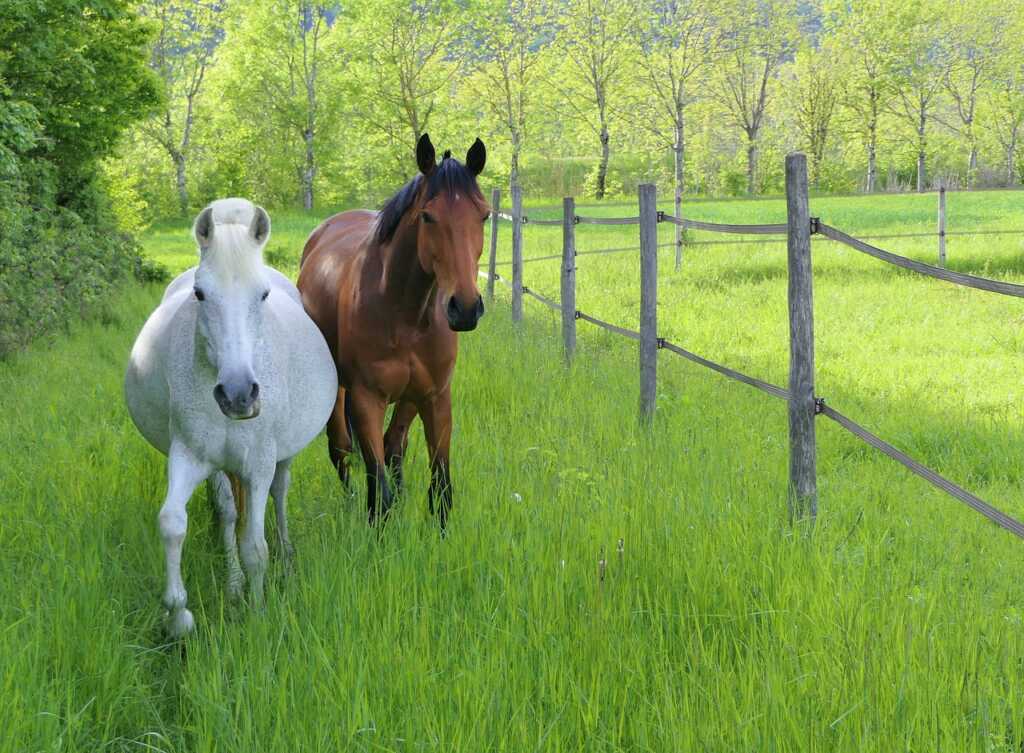
Socialization plays an important role in the overall well-being of a pregnant mare. While her physical health and nutritional needs are crucial, providing social interaction and a suitable herd environment contributes to her mental and emotional well-being. Here are some tips for socializing a pregnant mare:
- Herd environment: Whenever possible, allow the pregnant mare to be part of a small, compatible herd. Horses are social animals and being in the company of other horses can provide a sense of security and companionship. However, ensure that the herd is well-managed and that the mare is not exposed to aggressive or dominant horses that may pose a risk to her safety or that of the unborn foal.
- Suitable companions: Choose appropriate companions for the pregnant mare. Ideally, select horses that have a calm and non-confrontational nature. Avoid introducing new or unfamiliar horses during late pregnancy, as it can cause stress and disrupt the mare’s routine. Introduce any new companions gradually, allowing the horses to become acquainted over time before being turned out together.
- Individual space: While social interaction is important, it’s equally crucial to provide the pregnant mare with her own space. Ensure she has access to a separate stall or area where she can rest, eat, and have privacy when needed. This allows her to retreat from the herd and reduce stress levels if necessary.
Regular Veterinary Care
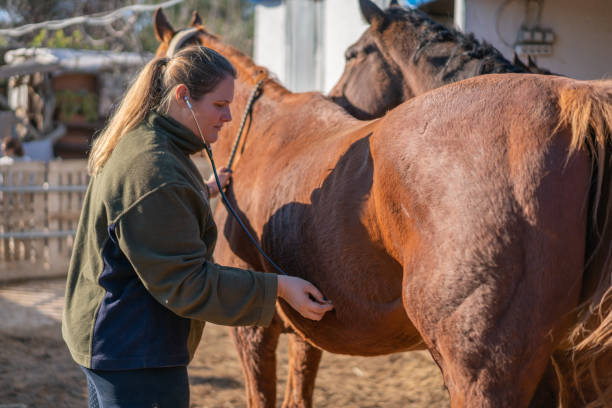
Regular veterinary check-ups throughout the pregnancy are essential to monitor the mare’s health and address any potential issues. Some key considerations include:
- Vaccinations: Ensure the mare’s vaccinations are up to date and discuss with your veterinarian which vaccines are safe and recommended during pregnancy.
- Deworming: Follow a deworming schedule approved by your veterinarian to maintain the mare’s optimal health and minimize the risk of parasites.
- Hormone monitoring: If necessary, your veterinarian may monitor hormone levels to ensure a healthy pregnancy and detect any abnormalities early on.
Foaling Preparations
Preparing for the mare’s impending foaling is crucial to ensure a smooth and safe delivery. Here are a few necessary steps to take:
- Create a foaling area: Establish a clean, well-bedded foaling stall or designated area with suitable lighting and temperature control.
- Foaling kit: Assemble a foaling kit containing essential items like clean towels, disposable gloves, lubricant, iodine solution for umbilical cord care, and a flashlight.
- Educate yourself: Familiarize yourself with the signs of impending labor and know when to seek veterinary assistance.
- Emergency contacts: Keep your veterinarian’s contact information readily available in case of any complications during foaling.

Signs of Labor in Horses
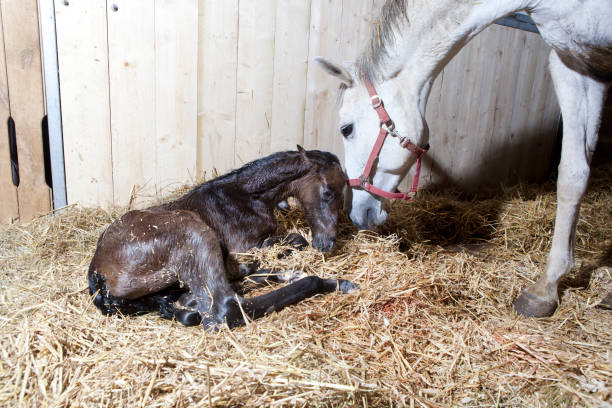
Being able to recognize the signs of labor in horses is important for ensuring a smooth delivery. Be attentive to the following indications:
- Restlessness and discomfort: Mares may appear restless and paw the ground, indicating discomfort.
- Waxing of the udder: A sticky, yellowish substance called wax may appear on the mare’s udder a few days before foaling.
- Milk production: The mare’s udder may begin to fill with milk as foaling approaches.
Conclusion
Caring for a pregnant mare involves vigilance and attention to detail. By prioritizing the mare’s health and well-being, you contribute to the successful development of the foal and ensure a safe and smooth foaling process. Regular veterinary check-ups and consultations are vital to monitor the mare’s progress and address any potential issues promptly. Remember, each mare and pregnancy are unique, so consult with your veterinarian to create a tailored care plan that addresses any specific needs or concerns. A well-cared-for pregnant mare increases the chances of healthy and successful foaling.





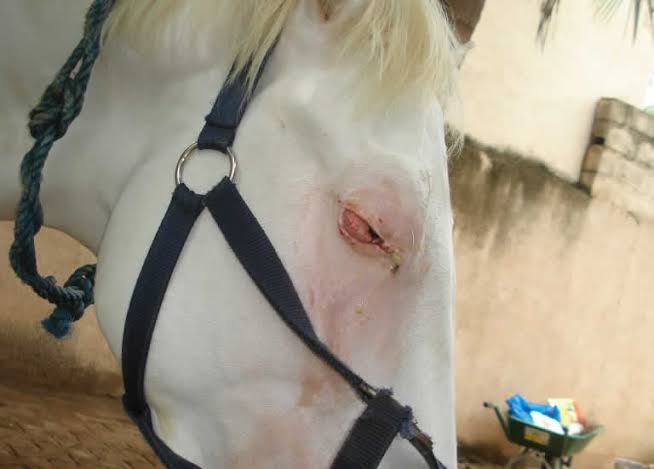






Comments
2
[…] and ensuring the mare is kept in a safe and stress-free environment. Please refer to our blog on caring for a pregnant horse to gain knowledge about the appropriate care for a pregnant […]
[…] पर हमारे ब्लॉग का संदर्भ लें, जिससे आप गर्भवती मादा की उचित देखभाल के बारे में ज्ञान प्राप्त कर सकते […]